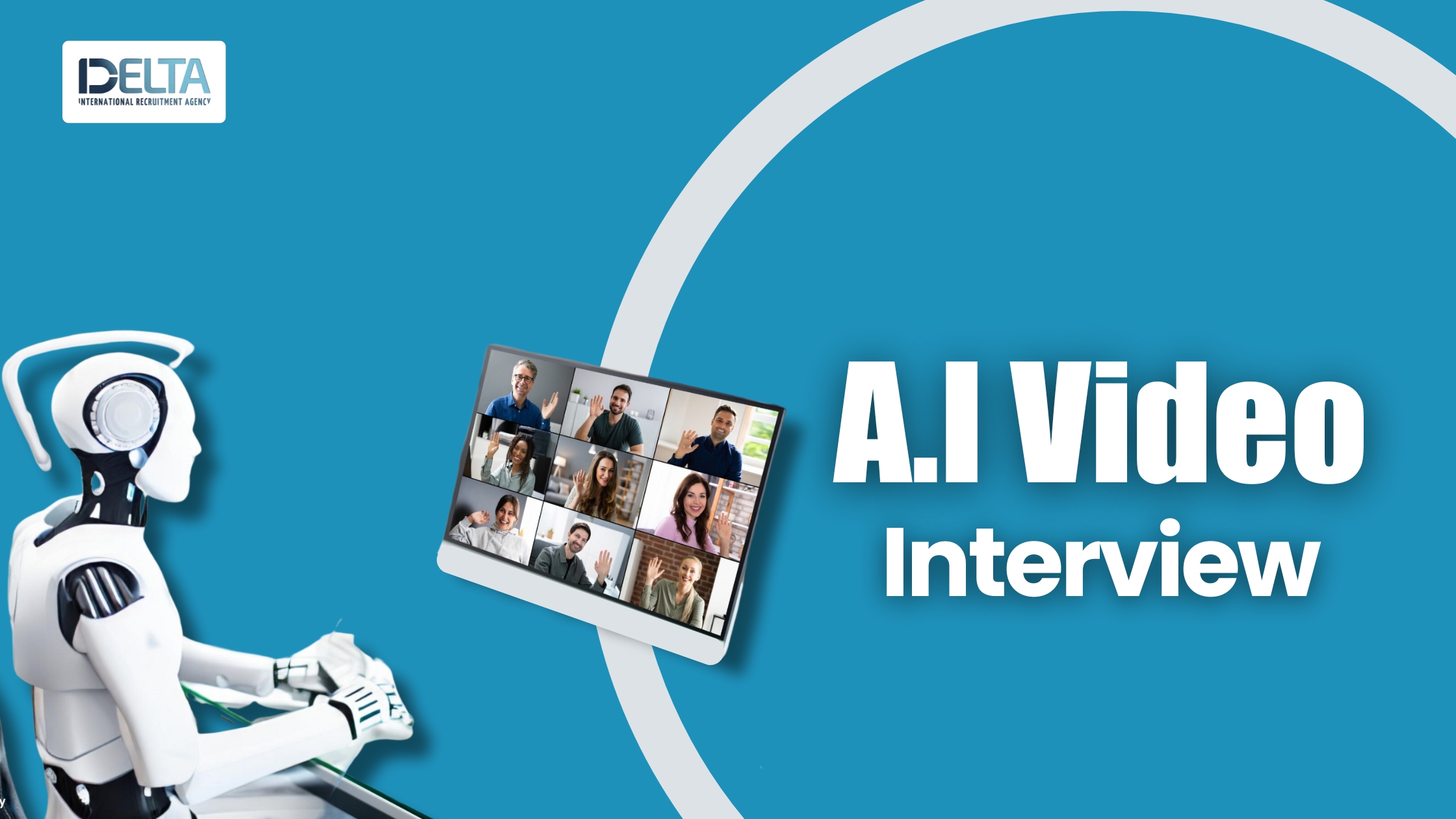Artificial Intelligence (AI) is transforming the recruitment landscape, particularly through AI video interviewing. This advanced technology leverages AI to conduct remote interviews, providing numerous benefits for both employers and candidates. For employers, AI video interviews streamline the hiring process, reduce bias, and help in identifying top talent efficiently. For candidates, these interviews offer convenience and accessibility, ensuring a fair opportunity for all. However, it is important to acknowledge the challenges, such as potential biases and the impersonal nature of AI-driven assessments.
By understanding the dynamics of AI video interviewing, both employers and candidates can navigate this innovative process more effectively.
What is AI Video Interviewing?
AI video interviewing involves remote interviews enhanced by artificial intelligence to screen and assess candidates. These tools evaluate skills, qualifications, and potential red flags while providing real-time feedback to interviewers. Increasingly popular, AI video interviewing tools like HireVue, VidCruiter, and PaLM are revolutionizing the hiring process by offering efficient and accurate candidate evaluations.
Benefits of AI Video Interviewing
AI video interviews offer several advantages:
Increased Efficiency
AI automates the interview process, saving time for both recruiters and candidates.
Improved Accuracy
AI can assess candidates' skills and qualifications more precisely than human interviewers.
Reduced Bias
AI minimizes human biases related to personal appearance and race.
Improved Candidate Experience
AI provides real-time feedback and personalized interview questions, enhancing the candidate experience.
Drawbacks of AI Video Interviewing
Despite its benefits, AI video interviewing has some drawbacks:
Bias
AI systems can be biased against certain groups, potentially leading to unfair hiring decisions.
Lack of Transparency
AI's decision-making processes are often opaque, leading to a lack of trust.
Cost
AI video interviewing tools can be expensive, making them less accessible for small businesses.
Data Privacy
The extensive data collection by AI systems raises privacy concerns.
Understanding these drawbacks helps in mitigating risks and ensuring fair hiring practices.
How to Prepare for an AI Video Interview
Preparing for an AI video interview involves similar steps to traditional interviews with additional considerations:
- Research the company and position.
- Practice common interview questions.
- Be ready to discuss your skills and experience.
- Dress professionally and ensure a clean, professional background.
- Test your internet connection and choose a quiet location.
- Be confident and authentic.
Tips for a Successful AI Video Interview
To excel in an AI video interview:
- Dress professionally and maintain a tidy background.
- Understand the job you're applying for.
- Let your personality shine through.
- Stay engaged and attentive.
- Answer questions thoughtfully.
- Be respectful and polite.
Common AI Video Interview Questions
Be prepared to answer questions like:
- Tell me about yourself.
- Why are you interested in this position?
- What are your strengths and weaknesses?
- What are your salary expectations?
- What are your goals for the future?
- How do you handle stress?
- What are your thoughts on diversity and inclusion in the workplace?
- What questions do you have for me?
Answering these questions thoughtfully and honestly, with examples, will help you succeed.
Conclusion
AI video interviewing is a transformative technology in hiring, offering efficiency and accuracy. However, it’s crucial to use AI thoughtfully, balancing technology with human judgment to ensure fairness. Properly understanding and preparing for AI video interviews can significantly enhance the recruitment process for both employers and candidates.
Recruitment Industry: Industry Updates



